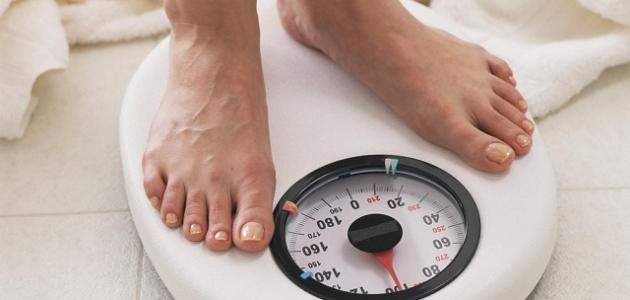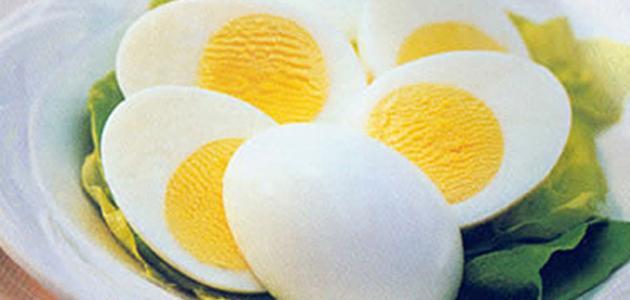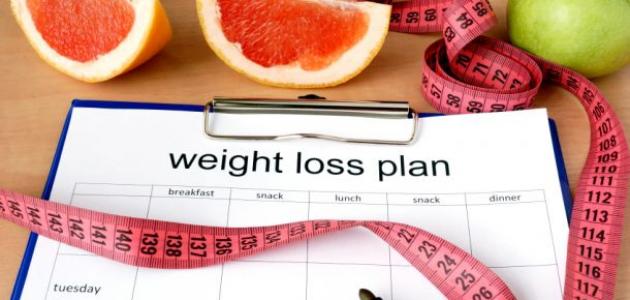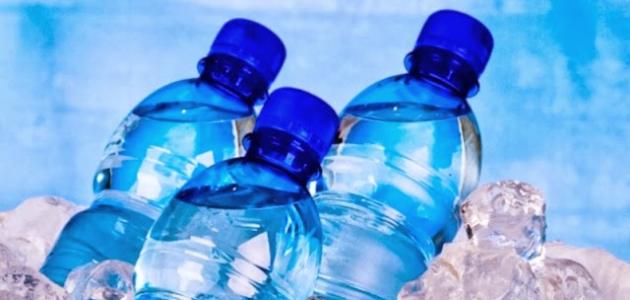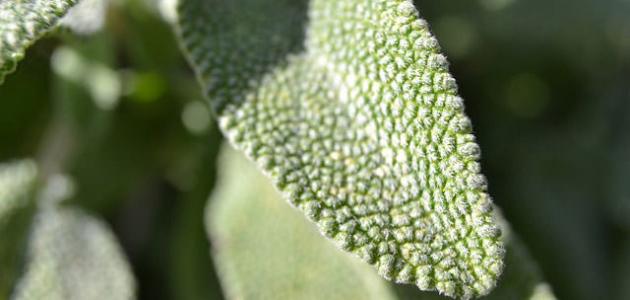What is the water fast diet?
It is spread among some people to follow the so-called fast water diet or water fasting, which is abstaining from eating and drinking except for water, and there is no specific period for the water diet, but medical advice suggests between 24 hours and 3 days as a maximum of time that can be left without food, and it is believed Many people believe that this diet has many health benefits, such as weight loss and detoxification, and as we mentioned, there are no scientific guidelines about the duration and method of water diet, but some people continue on water diet for 24-72 hours, and water diet should not be followed for longer than This is done without medical supervision, and some people may feel weak or dizzy during this period.
As for the next stage of the water diet, it is represented by resisting the desire to eat a large meal, because eating a large meal after fasting may cause unpleasant symptoms, and instead breaking the fast by drinking juice or eating a small meal, then starting to eat larger meals gradually throughout the day, and it is considered a stage Post-water diet is particularly important if the diet period is long, to increase the risk of refeeding syndrome, which is a fatal condition in which the body undergoes rapid changes in fluid and electrolyte levels, and the post-water diet lasts for about one day, but people Those who fast for 3 days or more may need up to 3 days before feeling uncomfortable when eating large meals, and the water fast diet involves many risks, and it can be very dangerous when followed for a long period.
Read also:Dieting benefitsBenefits and harms of water diet
Is it safe to follow a water diet?
There are no scientifically proven benefits of water diet, so most nutrition experts advise not to follow this diet, and water diet may not cause harm when followed for a few days for most healthy people, provided they are exposed to dehydration, but water diet for long periods may cause many health problems, as it needs The body needs vitamins, minerals, and other nutrients from food to maintain the health of the body, and in the event that an adequate amount of nutrients is not obtained, a person may suffer from fatigue, dizziness, constipation, dehydration, inability to tolerate cold temperatures, and other problems, as well. Fasting for a long period of time can be life threatening.
It is worth noting that some groups should avoid following the water diet completely, because it can cause serious health damage to these groups, including: people with kidney disease, those who take multiple medications, pregnant and lactating women, and those with an eating disorder, and caution should be exercised. For people with diabetes, heart disease, and liver disease from following this system without consulting and following up by a doctor.
Water diet side effects
Following a water diet can cause a number of problems and damages that must be taken into account:
- Nutrient deficiency: Any type of strict fasting can increase the risk of nutrient deficiencies. When calories are restricted, vitamins, minerals, fatty acids, amino acids, and electrolytes are restricted, which are elements the body needs to function properly.
- Serious changes in blood pressure: A severe drop in blood pressure can occur when drinking a lot of water, and the risk of developing orthostatic hypotension may increase, which is a sudden drop in blood pressure when standing, and this condition may cause dizziness and lightheadedness, and the risk may increase Orthostatic hypertension, which is a sudden rise in blood pressure upon standing.
- Low levels of sodium in the blood: Or what is called water intoxication, where hyponatremia occurs when replacing water and salt lost during sweating by drinking water only.[XNUMX] Hyponatremia can cause neurological symptoms ranging from confusion to epileptic seizures and coma, and the severity of the symptoms depends on how low sodium levels in the bloodstream are, and how quickly they fall.
- Drought: Following the water diet can cause an increased risk of dehydration, because approximately 20-30% of the daily water consumption comes from the foods eaten, and if you drink the usual amount of water without eating foods, the body may not get an adequate amount of water, and symptoms include Dehydration: dizziness, nausea, headache, constipation, hypotension.
- Other damages: Other side effects of water dieting may include fainting, brain fog, fatigue, and changes in hormone levels in women if followed for a long time.
Are there studies on the benefits of water dieting?
There are a few studies on this type of diet, but the results of these studies cannot be generalized, such as the study published in the Journal of Manipulative and Physiological Therapeutics in 2001, which showed that water dieting under medical supervision may help regulate blood pressure and stimulate followers Healthy diet and lifestyle change, but there is a need to study this effect and others in the long term, and some indicate that water diet may reduce weight quickly, however it can cause many health risks, and this loss is unhealthy, Because the water diet restricts calories, which causes significant weight loss quickly, and most of this loss is from water, carbohydrates, and muscle mass, not fat.
Read also:Benefits of vinegar for diet
The healthy way to lose weight
The reason behind losing weight is to burn more calories than the amount of calories consumed, and this can be done by reducing the consumption of calories from foods and drinks, and increasing the calories burned by raising the level of physical activity, and the following is an explanation for this:
- Reduce calorie consumption: It is not possible to get rid of excess body fat when you continue to eat a large amount of foods and sweets, but this does not mean deprivation of favorite foods, but high-calorie foods must be rationed in small quantities, and on special occasions, and the fat stock in the body can be burned by reducing food intake, usually reducing 300-500 calories per day leads to a loss of 0.5-1 kg per week, which is a realistic and sound goal, and there is no difficulty in reducing calories for people who consume a large amount of calories from cakes, sweets, biscuits, and drinks Carbonated, it is important to replace ready-made and fast food with healthy options.
- Eating a healthy diet: Changes in lifestyle towards a healthy and balanced diet help reduce the number of calories consumed, and also helps to ensure that you get all the nutrients the body needs, and some diets may recommend cutting out some foods, such as meat, fish, wheat, and dairy products, but Dispensing with certain food groups leads to not getting enough nutrients and vitamins that the body needs to function properly, and it is simply possible to lose weight without excluding one of the food groups from the diet, as a healthy and balanced diet must include a variety of foods from the food groups The five, namely: vegetables, fruits, legumes, proteins, and dairy products.
- Increase physical activity: Physical activity helps to increase the number of calories that the body burns to obtain energy, and physical activity reduces the risk of cardiovascular disease, diabetes, and other health problems, so it is recommended to practice moderate physical activity at least 150 minutes a week, and this is estimated at thirty One minute a day, five days a week or more, and the daily thirty minutes can be divided into 10 minutes three times during the day, and it is advised to choose the activities that the person enjoys, such as walking, gardening, swimming, dancing, and other activities.



